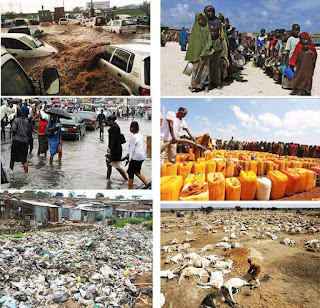The 29th UN Climate Change Conference of the Parties (COP29), held in Baku, Azerbaijan, marked a pivotal moment in global climate action. With representatives from nearly 200 countries, the event was a platform for addressing pressing climate challenges and accelerating progress toward achieving the Paris Agreement goals.

New Climate Finance Goals
A major achievement of COP29 was the establishment of a New Collective Quantified Goal on Climate Finance (NCQG). Developed nations committed to channel at least $300 billion annually to developing countries by 2035, a significant increase from the previous target of $100 billion per year. However, this target has been criticized as insufficient by many developing countries, which argue that at least $1.3 trillion is necessary to effectively address climate challenges and support sustainable development.
Carbon Market Mechanisms
COP29 also marked a pivotal moment for global carbon markets. Delegates finalized rules under Article 6 of the Paris Agreement, enabling bilateral carbon trading and establishing a global crediting mechanism for emissions reductions. This framework is expected to facilitate funding for climate initiatives and help countries meet their emissions targets more efficiently.
Adaptation and Loss and Damage
Accelerated Transition to Renewable Energy
Renewable energy initiatives received a major boost at COP29. Member states set ambitious targets to scale up solar, wind, and hydropower by 2030. The conference emphasized technology transfer and investment in renewable infrastructure for low-income nations, ensuring a just energy transition.
Inclusion of Youth and Indigenous Voices
COP29 also witnessed an unprecedented level of participation from youth activists and indigenous communities. Their contributions shaped policies on biodiversity conservation and sustainable development, ensuring that marginalized voices were at the forefront of climate solutions.
Looking Ahead: The Road to COP30
While COP29 made strides in some areas, it also left critical issues unresolved, particularly regarding the transition away from fossil fuels. The failure to agree on a timeline for phasing out fossil fuels has been a point of contention, with many nations expressing disappointment over the lack of concrete commitments. As attention shifts to COP30 in Belém, Brazil, there is a clear call for increased ambition and collaboration among nations to tackle the ongoing climate crisis effectively.



